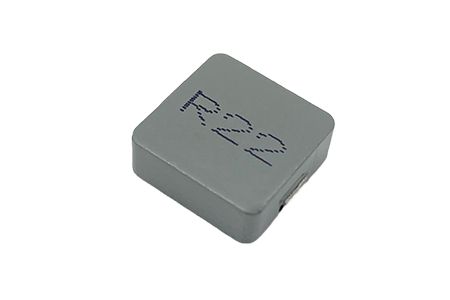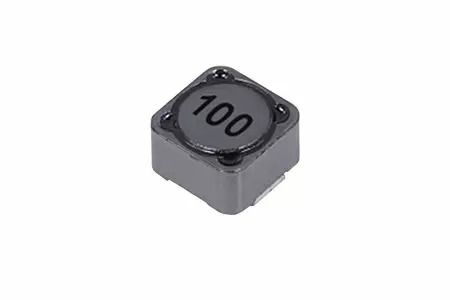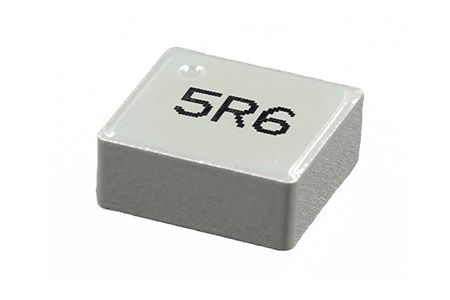How Do Power Inductors Affect the Efficiency of a DC-DC Converter?
The Role of an Inductor in a DC-DC Converter
In a DC-DC converter, the inductor plays a critical role in storing and releasing energy to help convert one DC voltage level to another. It acts as an energy buffer, smoothing out the voltage and current ripples in the circuit.
The efficiency of this energy transfer process is crucial for the overall performance of the converter. Choosing the right inductor for a DC-DC converter involves a careful balance of several factors, including DCR, core material, size, and operating conditions. Each of these factors can significantly impact the efficiency of the converter. Therefore, it's crucial to understand these parameters and how they interact to make an informed choice for your specific application.
Practical Considerations
Inductor Sizing: A larger inductor may offer better efficiency due to lower DCR and higher saturation current, but it will also take up more space on the PCB.
Switching Frequency: The efficiency can also depend on the switching frequency of the DC-DC converter. Higher frequencies allow for smaller inductors but may increase AC losses.
Temperature: As the inductor heats up, its magnetic properties can change, affecting efficiency. Thermal management is crucial.
Factors Affecting Efficiency
DC Resistance (DCR):
Every inductor has some amount of resistance to the flow of electric current. This resistance causes some power loss in the form of heat. Lower DCR values mean less heat generation and higher efficiency.
Core Losses:
The magnetic core of the inductor also contributes to inefficiency. When the magnetic field changes during the inductor's operation, some energy is lost as heat due to the core material's properties. Different core materials have different loss characteristics.
AC Losses:
At higher frequencies, the inductor experiences additional losses due to skin effect and proximity effect, which can also reduce efficiency.
Saturation:
Inductors have a saturation point beyond which they cannot store more magnetic energy. Operating near or beyond this point will drastically reduce efficiency.
Quality Factor (Q):
This is a measure of how well the inductor stores energy. A higher Q factor generally means better efficiency but may come at the cost of other parameters like size or DCR.
As a professional manufacturer, we take pride in our commitment to delivering high-quality product include power inductor, ferrite beads, common mode choke, high frequently transformer and RJ45 with an unmatched emphasis on fast and reliable delivery schedules and exceptionally short lead times.
At Coilmaster Electronics, we are committed to delivering high-quality power inductors, ferrite beads, common mode chokes, high-frequency transformers, and RJ45 connectors. Our products are designed with precision to optimize efficiency in DC-DC converters, backed by our dedication to fast, reliable delivery and exceptionally short lead times. Partnering with us means you can count on superior components that enhance the performance of your designs.
- Related Products
4.7uH, 17A High Current Power Inductors With Flat Cooper Wire
SEP1004EB-4R7M-LF
SMD Molded Power Inductor SEP1004EB series with 4.0mm height and up to 10uH inductance value....
Details Add to List47uH, 3.25A Low DCR Shielded Wirewound Power Inductor
SDS127LD-470M-LF
Shielded, surface mount (SMD) wire wound inductors (47uH, 3.25A of IDC), it fit a number of industrial...
Details Add to List10uH, 10A High Current, High Reliability Inductor
SEP8080EX-100M-LF
Surface mount flat wire molded power choke, SEP8080EX series (8mm height), which offers high...
Details Add to List



